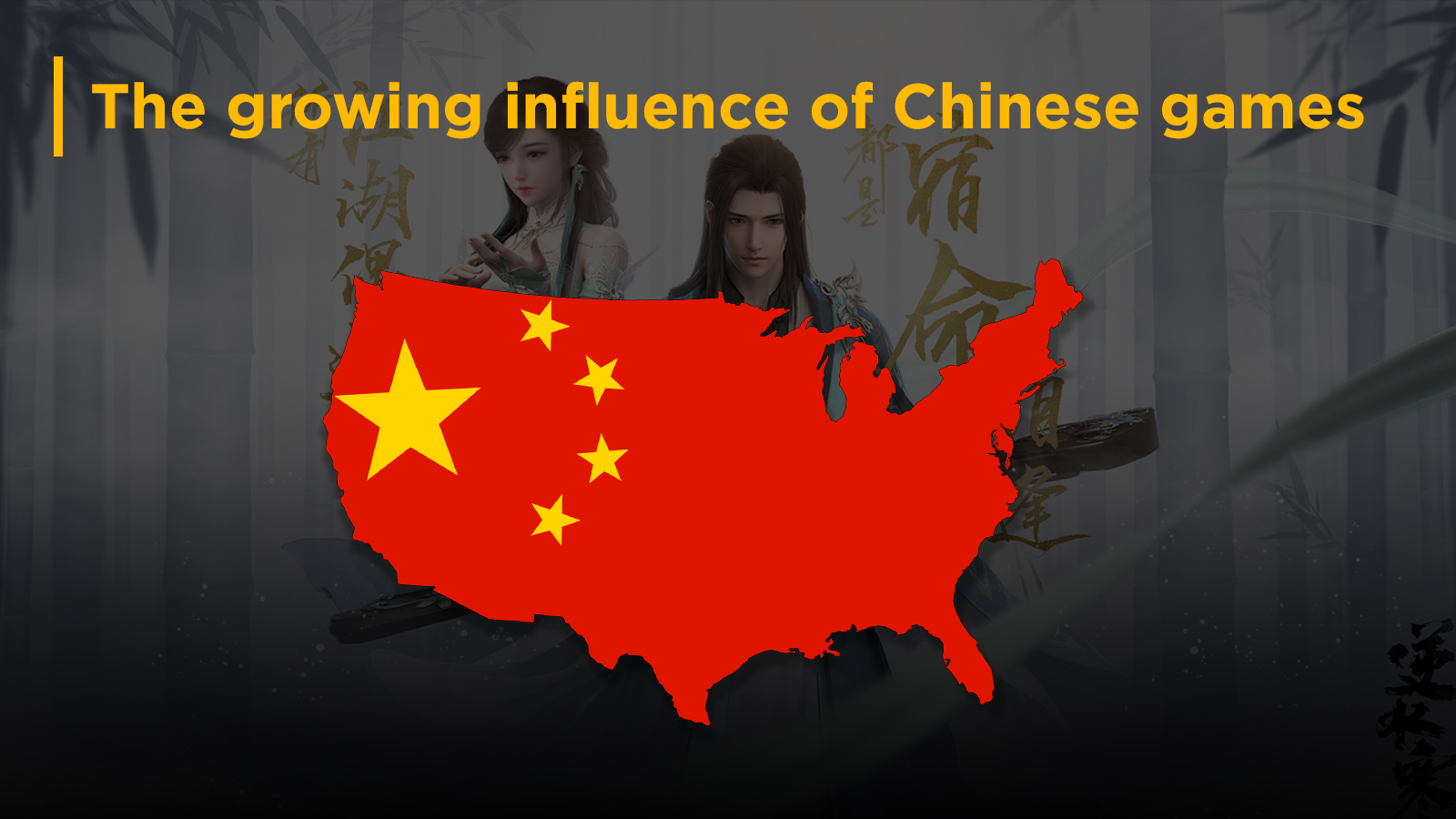Indian NGO Prahar has sought to ban the Chinese game Undawn: Here’s why
Introduction
In recent times, the Indian NGO Prahar has been actively advocating for the ban of the Chinese game Undawn in the country. Undawn, developed by Chinese gaming company Tencent, has gained popularity among gamers worldwide. However, Prahar has raised concerns about the potential impact of the game on Indian society and has taken steps to ban it. This article delves into the reasons behind Prahar’s stance and sheds light on the potential consequences of allowing Undawn to continue its operations in India.
Table of Contents
The Growing Influence of Chinese Games
Chinese games have gained significant traction in the global gaming market over the past few years. With their immersive gameplay and cutting-edge graphics, these games have captured the attention of millions of players worldwide. Undawn, developed by Tencent, is one such game that has garnered a massive player base and has become a topic of concern for Prahar.
Concerns Raised by Prahar
Gaming Addiction and its Impact on Youth
One of the primary concerns raised by Prahar is the potential for gaming addiction among Indian youth. Undawn, being an online multiplayer game, has addictive elements that can lead to excessive gaming habits. Prahar argues that such addictive behaviour can have adverse effects on the mental and physical health of young individuals.
Violence and Aggression in Gaming
Another significant concern raised by Prahar is the depiction of violence and aggression in Undawn. The game features intense combat scenarios where players engage in battles with various weapons and explosives. Prahar believes that exposure to such violent content can desensitise players, leading to aggressive behaviour in real life.
Privacy and Data Security
Prahar has also expressed concerns regarding the data privacy and security aspects of Undawn. Being developed by a Chinese company, there are apprehensions about the potential misuse or unauthorised access to user data. Given the recent incidents of data breaches and privacy violations, Prahar advocates for stringent regulations to safeguard user information.
Cultural Influence and National Security
The cultural influence exerted by Chinese games is another aspect that worries Prahar. Undawn, being a product of Chinese developers, promotes Chinese culture and values within its gameplay. Prahar argues that such influence can undermine Indian cultural values and national security interests.
Conclusion
The Indian NGO Prahar’s call to ban the Chinese game Undawn stems from concerns about gaming addiction, violence, data security, cultural influence, and national security. Prahar’s initiative aims to protect Indian youth from the potential adverse effects of foreign games and promote indigenous game development aligned with Indian values. While the government is actively considering the concerns raised by Prahar, players and individuals can contribute by being aware of the risks associated with such games and advocating for responsible gaming practices.
